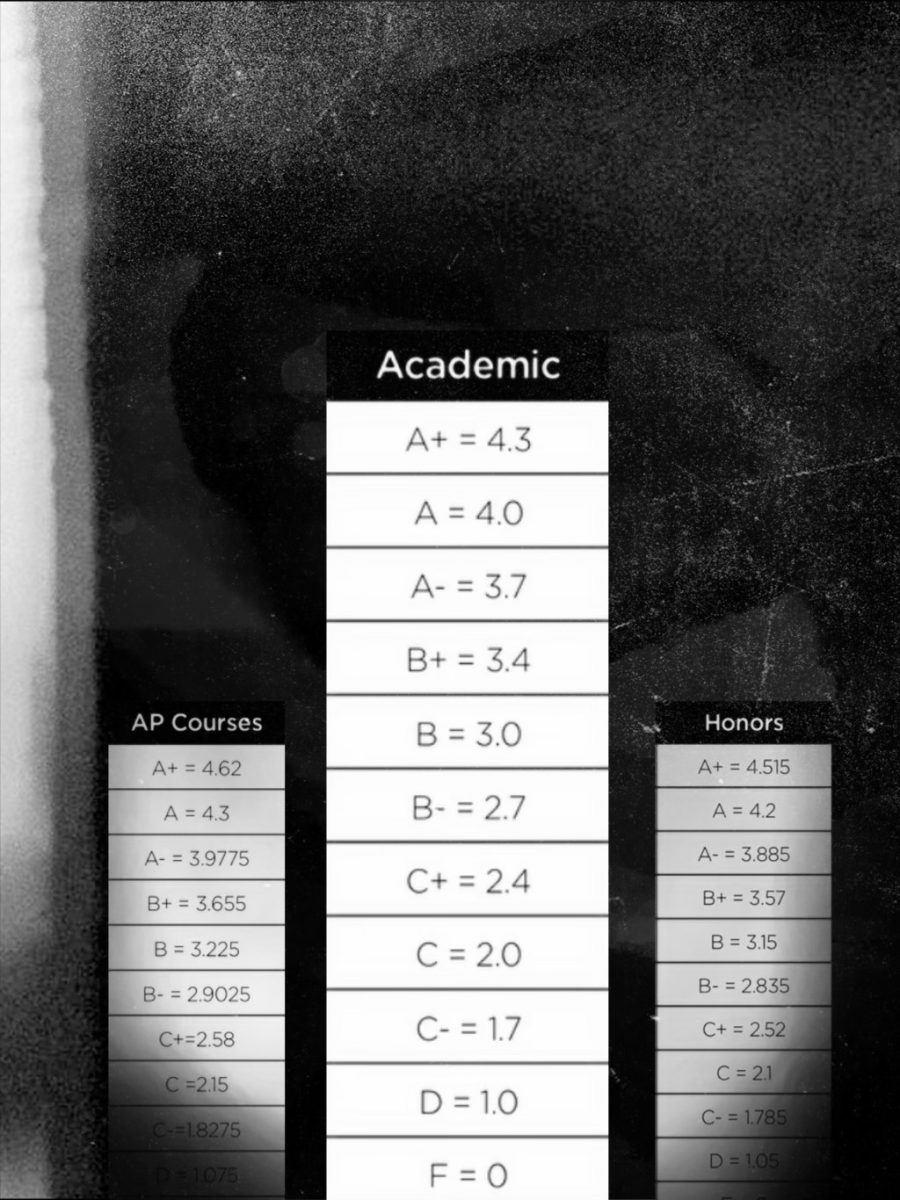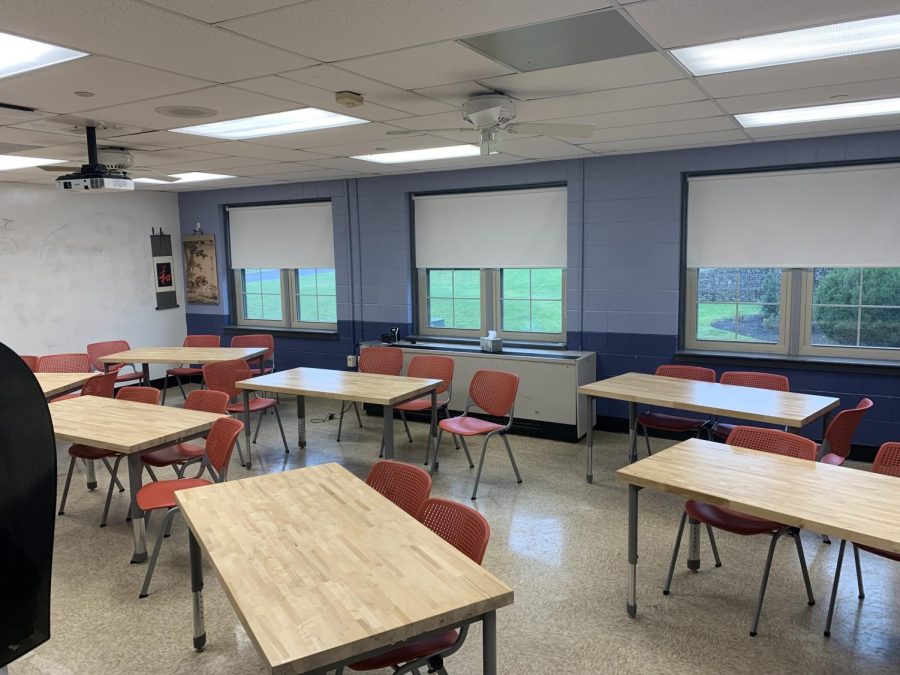Four Malvern students shared stories of their experiences in an assembly sponsored by the Diversity Awareness Club on Thursday, April 6.
Many stereotypes are based on bias, opinions and fear.
When I was a freshman, I went to a church in the suburbs and I told a lady that I lived in West Philadelphia, previously attended school in North Philadelphia, enjoyed art, and was currently attending Malvern Prep.
With a surprised look on her face, she asked me if I were attending on a sports scholarship.
She also asked if it was tough to have attended a school and church in North Philadelphia.
At first, this didn’t really bother me because I didn’t really think about what she had asked me. I thought that she was just asking simple questions.
However, at the Student Diversity Leadership Conference (SDLC) in Atlanta that I attended in December of last year, stereotypes were a major topic that caught my attention. I learned about how people put stereotypes on others based on many things such as one’s neighborhood, religion, sexuality, and race.
As others talked about the stereotypes they experienced, whether it was about the type of food they eat, clothing they wear or the types of jobs they have, I learned a lot about how they felt about the labels that were put on them by society. The students talked about how it angered them that they were labeled based on other people’s perceptions, and that it was easier to look at them as one thing because of experiences with others with whom they had met with similar traits, religion, sexual orientation, race, economic backgrounds and other things.
An Asian student said that people automatically thought she was smart because of her race. One black student said that people assumed that he was only good at sports and couldn’t do well academically.
That was when it hit me. I was reminded of my conversation with the that lady again. I realized that she had stereotyped me because I was black and educated in North Philadelphia. She assumed that I only got to go to a school like Malvern for sports and never considered my academic ability.
However, this was not the case for me, and her assessment of my ability was incorrect. Each quarter this year, I have earned distinguished honors, and I have been heavily involved in the arts. This is the first year I have participated in a sport– track.
I have learned from experiences like this one, that because I am an African American male, people will judge me incorrectly and put limitations on my abilities. I love to prove them wrong. I strive to be my best self and always do better in all areas despite what others think that I can or can’t accomplish.
At the conference in Atlanta, I was introduced to many quotes about stereotypes. One in particular from a Ted Talk caught my attention the most. A woman named Chimamanda Ngozi Adichie said, “The single story creates stereotypes, and the problem with stereotypes is not that they are untrue, but that they are incomplete. They make one story become the only story.”
This means that labeling someone as one big category minimizes who they truly are. There is so much more to a person than what a certain stereotype says.
This also means that when someone is only exposed to false stereotypes about a group based on their race, religion, sexual orientation, economic status, neighborhood or capability, the person begins to believe that the stereotypes are true, blinding them from seeing the true quality of the individual and the extent of what they truly have to offer.
SDLC taught me that stereotypes are wrong for anyone to make because they are
unreasonable assumptions based on bias, opinions and fear. They are also inappropriate because everyone is different.
I believe that children of all backgrounds can achieve and do great things academically if given the opportunity and chance. Intelligence and academic achievement are not based on skin color, where you live, how much money you make or what your parents do for a living. These traits are based on being in an environment where students are given a quality education and the proper tools to succeed, work hard, and pursue the desire to do well in school, allowing them to take action to achieve that goal.











